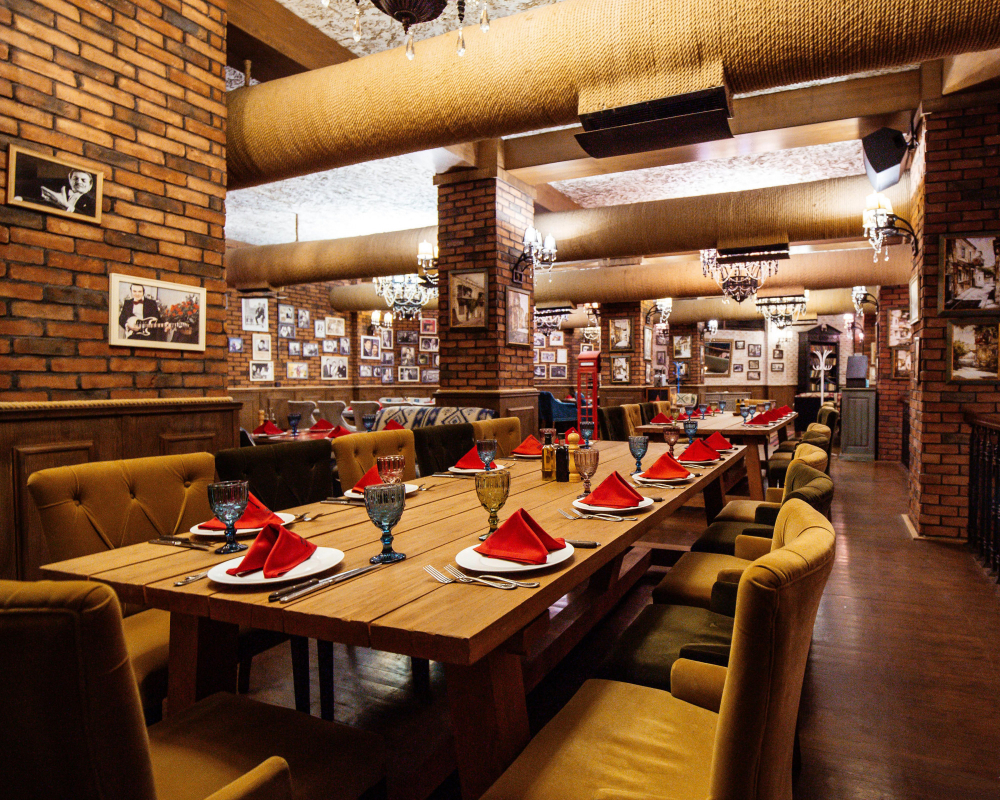It is expensive to run a restaurant. Restaurant equipment financing is a popular option to finance the purchase of commercial kitchen equipment. Software financing is also recommendable in businesses to track with your competitors in the industry. Despite the high cost, software and equipment financing are beneficial to your enterprise.
Since debt financing is scary and can result in bankruptcy, many business owners avoid it. Business loans and borrowing can indeed be dangerous. However, you can minimize your risk by looking at ways debt in the short-term can pay for itself long-term.
Equipment financing is a good option for restaurateurs. But you must need to do your homework before applying for this type. This article will show you how restaurant equipment financing works, what restaurants can do with it, and what other financial options and resources may be available.
Leasing vs. Financing
As you may agree, the difference between a lease and a financing agreement is that you own the equipment at the end.
Equipment Leasing doesn’t mean you have to own the equipment. A lender will buy equipment from a vendor and rent it out to you at a monthly cost. You have three options after the lease ends: accept the equipment, renew the lease, or return it.
Leasing equipment can make sense depending on the equipment you need. You may end up with useless equipment if the equipment is constantly updated at the end of your financing repayment period.
On the other hand, if you choose equipment financing, also known as an equipment loan, your lender will lend you the capital you need to purchase the equipment. Depending on the value of the equipment you want to buy, your equipment financing company will be able to lend you most or all of it. Over time, you will repay your loan plus any interest. You will own the equipment once you have paid off your loan as per its terms.
A lease of equipment allows you to purchase the use of equipment, but not the owner of that equipment. Equipment loans can be used to pay for equipment. You will have to repay your lender the money borrowed as well as interest, just like any other small-business loan. A down payment is not required for financing. However, you might need to make a deposit upfront to your lender. Leasing restaurant equipment can be deducted from your tax depending on how the IRS classifies it.
If you can afford a down payment and expect the equipment to become a significant part of your restaurant, the monthly interest payments will be lower than a lease payment. You can also have the advantage or benefit of owning the equipment at the end.
Financing your equipment is an excellent place to start a new way of responsibly using loans.
Being in debt is always a risk. Make sure you have a good understanding of your restaurant budget numbers.
You can also get another benefit from using such a product. Your credit score for your business will improve if your loan is repaid on time. You will improve your chances of future funding success by repaying your restaurant equipment loan on time.
Possessing assets increases your restaurant’s market value and makes it more appealing to prospective buyers. The exception to this rule is when such equipment is damaged beyond repair.
Fixed operating costs for a restaurant that leases most of its equipment will be more expensive. This could discourage buyers.
However, leasing can be an option if you are interested in expanding your restaurant and possibly into other locations.
It is essential to weigh all options before you purchase new equipment. You should get as much information about equipment leasing or financing near you as possible to make sure your company is making the right choice. Although equipment leasing comes with advantages and disadvantages, it can help you make the best decision for your business.
Noreast Capital offers several lease-to-own options to preserve capital and ensure success in your restaurant.
All inquiries can be directed to us at (410-268-5588).
